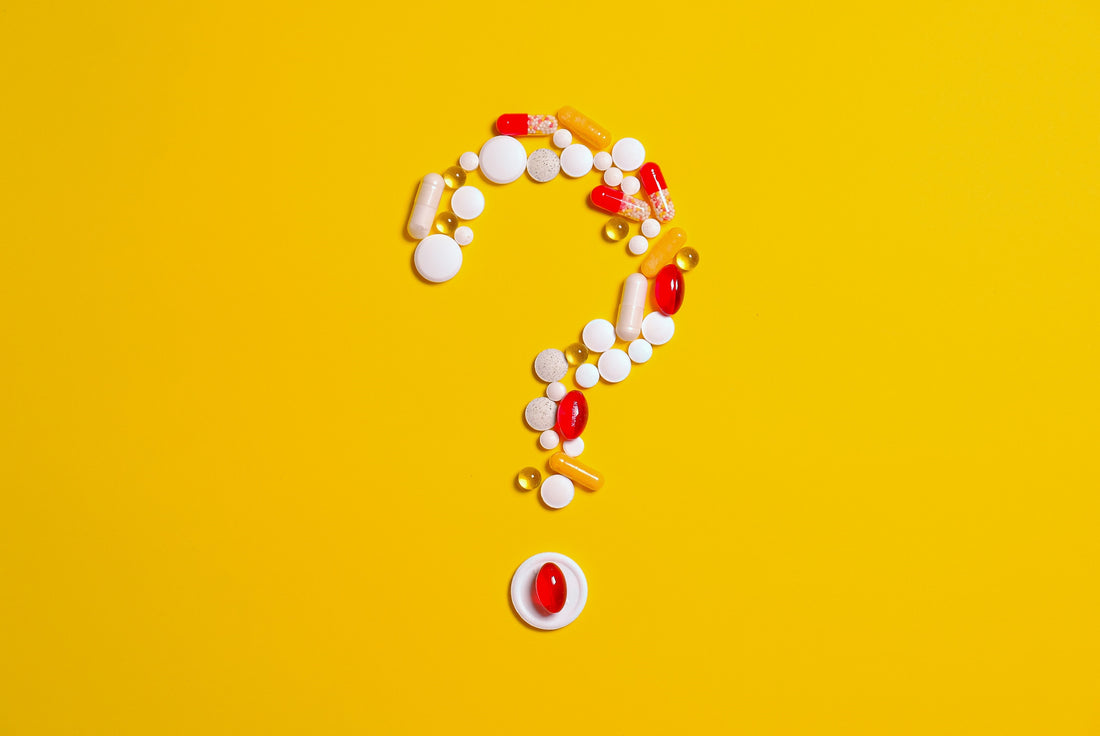What is the treatment for HIV?
HIV is a treatable condition if you #KnowYourStatus, which is why it is so important to test.
Treatment methods are now widely used to combat new HIV infections. Currently, the most effective method of treatment is antiretroviral treatment (ART) which consists of a combination of antiretroviral drugs that work to supress the virus and stop the progression of the disease. This treatment can be as little as one tablet taken daily.
Huge reductions have been observed in rates of deaths and new infections since ART has been more widely available, especially if the treatment is administered in the early stages of the disease. In addition to ART, prevention methods have also been shown to be effective at preventing individuals from contracting the virus even before they are potentially exposed to it.
What are other HIV prevention methods?
Why use condoms?
Condoms protect you from sexually transmitted infections and pregnancy. To reduce your risk of getting HIV, use condoms (safely and correctly) EVERYTIME that you have sex, this includes oral sex as well as vaginal or anal sex. The most common method of HIV transmission is through having sex so there is no excuse to not practice safe sex and use a condom!
What is PReP?
Pre-exposure prophylaxis (PReP) is a medicine that is taken daily (much like the contraceptive pill), by those who do not have HIV, to reduce their risk of getting the infection if they are exposed to the virus. The PReP pill reduces an individual’s risk of contracting HIV from sex by more than 90% and can help to ease some anxiety that may envelop due to fear of contracting an infection. This does not mean that people taking this medicine should stop practising safe sex but simply means that they are at a lower risk of contracting HIV.
What is PEP?
Post-exposure prophylaxis (PEP) is a short course of drugs that can be taken very soon after any possible exposure that a person may have had to HIV. However, the medication must be started within 72 hours to prevent the virus from exerting its effects on the body. This type of prevention method is reliable if a person knows that they have recently (within 72 hours) been at risk. This method is not reliable after 72 hours as the virus will usually have already begun to replicate.
Should I test regularly?
This really depends on the lifestyle choices you make. If you know that you make choices that put you at risk, including having unprotected sex with a person or people who are unaware of their HIV status, it is recommended that you test regularly. National guidelines recommend repeat testing every 3 months, but if you are regularly at risk it may be recommend that you test more often.
What does the future look like for HIV?
There is still a lot that needs to be improved in order to completely eradicate the HIV epidemic. The global target to end the epidemic by 2030 of achieving 90-90-90 is close to achievement, however lesser developed countries do have more of a struggle to implement this strategy due to lack of funding and education surrounding HIV diagnosis and treatment. At the end of 2018, 37.9 million people globally were living with HIV. Of these, it was estimated that there were just under 104,000 people living with HIV in the UK. The 90-90-90 targets, launched in 2014, outlined a plan to reduce new HIV infections and AIDS related deaths by 90%, meaning that 90% of people should be aware of their HIV status, 90% of which should have access or be on treatment for HIV and 90% of people living with HIV will be virally suppressed.
What are the figures for HIV in the UK?
The UK reached the targets above in 2018, with 92% of people being diagnosed, 98% of people on treatment and 97% of people having an undetectable viral load.
In summary:
Although there is currently no cure for HIV, the virus is now treatable and a person living with HIV can live a long and healthy life if their treatment is taken as prescribed.
Regular testing and safe sex practices can reduce the chances of onwards transmission.
If HIV is contracted the most important thing to do is not to panic – early detection and accessing early treatment can protect your health as well as others.
About The Author

Becky Smith
Becky is a post graduate from Bournemouth University with a background in chemistry, biology and epidemiology. She works with the BioSure team as a Quality Manager.


